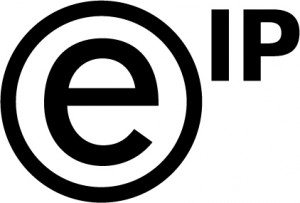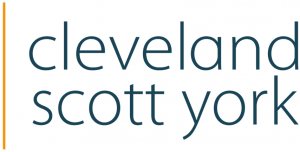I joined Mewburn Ellis LLP in 2016 as a trainee, having recently graduated from the University of Manchester with a master’s degree in physics. In the last three and a half years, I have worked for at least six months in each of the Manchester, Cambridge, Bristol and London offices, spent four months as a student at Queen Mary University in London studying for the IP Law Postgraduate Certificate, and have qualified as a UK Chartered Patent Attorney.
I now work primarily in the computer software, electrical engineering, transport, and mechanical engineering sectors, and am involved with all stages of the patent process, particularly in drafting and prosecuting patent applications, and working on oppositions and freedom-to-operate opinions.
Why did you choose patents?
Unlike most people who seem to first discover the patent attorney profession at university when they decide they no longer want to work in research, I first realised I wanted to be a patent attorney at school. When I was choosing my A-levels, I struggled to choose between the sciences, and the subjects which would support a university application to study law. It was then that I first came across the IP profession, and when I first considered a career as a patent attorney. I remember thinking it fitted me perfectly – I really enjoyed studying physics and was interested in understanding new technology, but I was also good at the English language and imagined myself as a lawyer. A summer internship at an in-house IP department confirmed a career as a patent attorney was for me.
What was your training like?
Working towards qualifying as a UK Chartered Patent Attorney was not easy, but it was certainly rewarding.
As a trainee, I worked at each of the four UK Mewburn Ellis offices, with six different Partners of the firm. Not only did this provide fantastic training – working with different clients, on different types of work, and learning different skills from each Partner, it also forced me to live in four amazing cities (something which I otherwise would certainly not have done). The intake of trainees at Mewburn Ellis is also usually quite large, which provides a fantastic support network, and means the monthly in-house tutorials and workshops run by Mewburn Ellis are fun as well as really useful in preparing for the qualifying exams.
What do you most enjoy about being a Patent Attorney?
Last year, I spoke at my first opposition hearing at the European Patent Office (EPO) in Munich, where I was arguing to defend our client’s patent, which had been opposed by a third party. Although it is certainly extremely nerve-wracking speaking in front of the EPO Opposition Division and the third party, it is such an exciting part of the job. It requires substantial preparation, but also thinking on your feet, listening to the third party’s arguments and any points raised by the Opposition Division, and responding in the client’s best interests.
Speaking to clients about their patent strategy, and helping them use their IP to successfully protect their product with commercial success, is also a very rewarding part of the job. Meeting with inventors to discuss their innovative technology is fascinating, especially when these meetings involve factory tours, or seeing the product actually work in practice.
Finally, working in private practice means that I learn and read about different technology every single day. In the morning, I might be responding to an examination report issued on an application directed to a medical device that uses artificial intelligence, and in the afternoon, I might be drafting a patent application to a new automotive engine part. This variety of technology makes for a highly interesting job.
Advice for anyone wanting to get into the industry?
Firstly, make sure you research the patent profession in general to decide whether it is the career for you. It requires a passion for science, but also very good English language skills as the majority of the job involves reading and writing. It is also primarily a desk job (although it can also involve travelling to hearings and conferences, and face-to-face meetings with clients and inventors), and so you should consider whether that is something you want too.
Next, make sure you attend an open day offered by one of the firms. I went to an open day at Mewburn Ellis, which was an excellent way to confirm it was my first choice career, and to get a feel for the culture of the firm. The open day at Mewburn Ellis not only involved talks and interactive sessions run by different patent attorneys, but also provided the opportunity to talk to first year trainees about their experiences first-hand.
Finally, if you are still interested in training to become a patent attorney, apply to firms recruiting in your technical field. Based on my experience, the recruitment process mainly involves technical written work and interviews, with lots of questions like “Describe this” or “Explain how this works”. My main advice would be, do not worry if you do not know how it works, the interviewer is likely looking to see how your brain works when trying to work it out.








